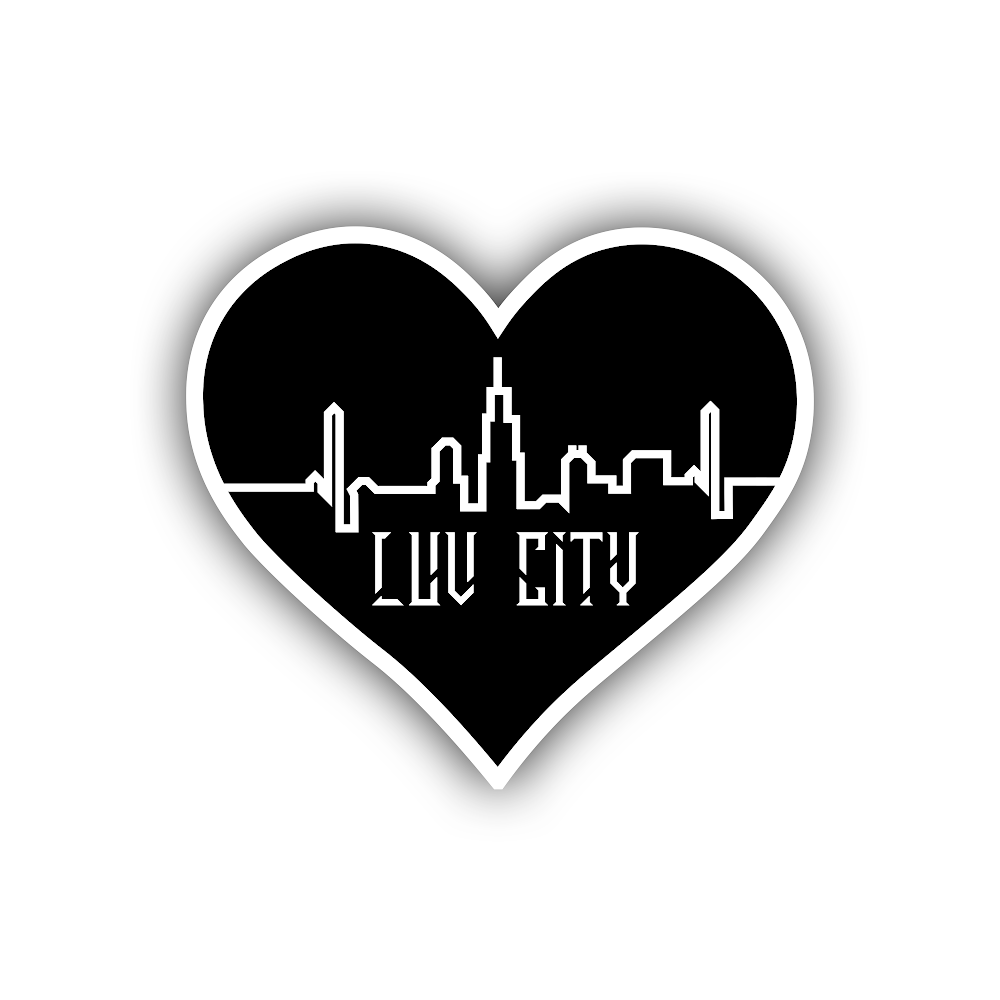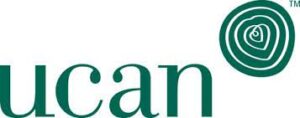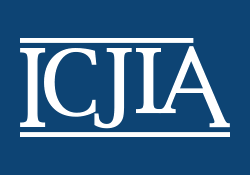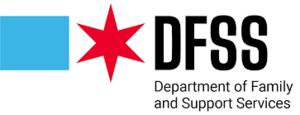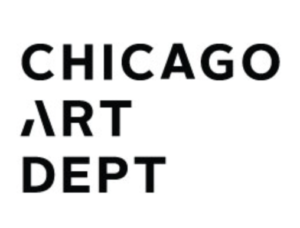Fall, Winter, and Spring Semester Programming
The TV, film, music, and audio/visual production industry is booming in Chicago, and all too often these jobs go to outsiders from the community because there are not enough local skilled workers in these fields. Our goal is to change that by engaging with many local businesses and partners through our summer institute and year round programming, offering a pathway for scholarships, internships, and finally, unsubsidized jobs in this industry.
About
Youth are invited to continue on with programming during our fall, winter, and spring semesters, specializing in filmmaking, editing, and sound design; multimedia production and techniques; acting and storytelling; and music production. Programs will be offered in the evenings 2 days a week. Youth who did not participate in the summer institute can also join during the fall, winter, and spring semesters. Once youth complete an entire program year, they can apply for apprenticeship positions to serve as teacher aides during their second year in the program.
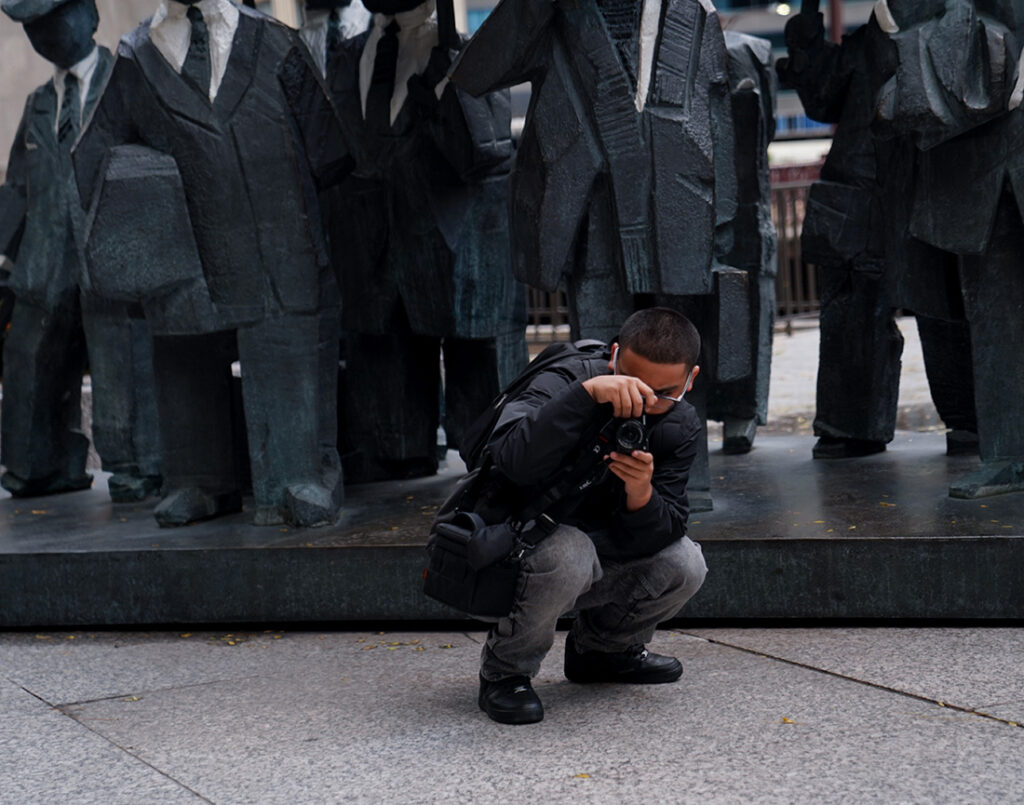
At Luv City 2022 Fall programming, participants wrote, produced, and starred in the short film “Street Karma,” featuring original music from Luv City youth.
Another group produced the short film called “Elevation requires separation” during Spring 2023 programming.
Courses and Workshops
This course introduces the basic “building blocks” (narrative, mise-en-scene, genre, cinematography, lighting, sound, and editing) that make up a film production. Key learning segments include fundamental principles of storytelling, analysis, genre, style, scene selection and performance. Class includes weekly readings, screenings and short writing assignments, all culminating in the production of a film short.
This course examines the fast-evolving and ever-changing influences and possibilities of the digital age on filmmaking, multimedia production, entertainment and performing arts. From cinema to cell phones, new media technologies and tools are revolutionizing the ways in which stories can be produced, told and experienced. Learning segments include a general introduction to film, television and new media through readings, screenings, and discussions. One will develop a sophisticated understanding of multimedia in terms of technical properties, industry practices, creative applications, cultural theories, social responses and more.
Critical work for anyone wanting to learn the art of acting is identifying and making active choices within a simple scene to provide a point of view that wasn’t there before – a key skill when presented with more complex text like play and film scripts. This course will focus on developing this instinct, first through simple, poetry-based scene performances. The techniques of Augusto Boal’s Theater of the Oppressed – using theater as a means of promoting social and political change – will be explored to help the actor find their voice. As well, movement will be explored, exposing the power not only in one’s words but also the body. The course will culminate in Theater of the Oppressed performed scenes, verbal and non-verbal, through acting, creative writing, and devised theater.
This course will provide the knowledge and tools needed to record and produce professional sounding music in multiple learning stages: 1) development of one’s identity, vision, and intention as an artist and producer; 2) comprehension of the technical aspects of music production, including how sound is translated into audio signals, recording techniques, and effects such as reverb, delay, and compression; 3) introduction to the industry-standard Digital Audio Workstation/Pro Tools to create professional recordings; and 4) application of all knowledge and tools gained in a culminating music production – pre-production through recording, mixing, and mastering stages.
During Spring programming 2023, youth worked in groups to create 3 short films. Here is one of them called “Aftermath,” a silent film with a powerful message.
We provide workshops on marketing, branding and creative entrepreneurialism, supporting youth to start their own businesses and establishing an ecosystem of support in the industry. Not only does this promote our community’s economic development and help interrupt the cycle of poverty, but it also ensures Chicago is producing original content by people born and raised in the city.
